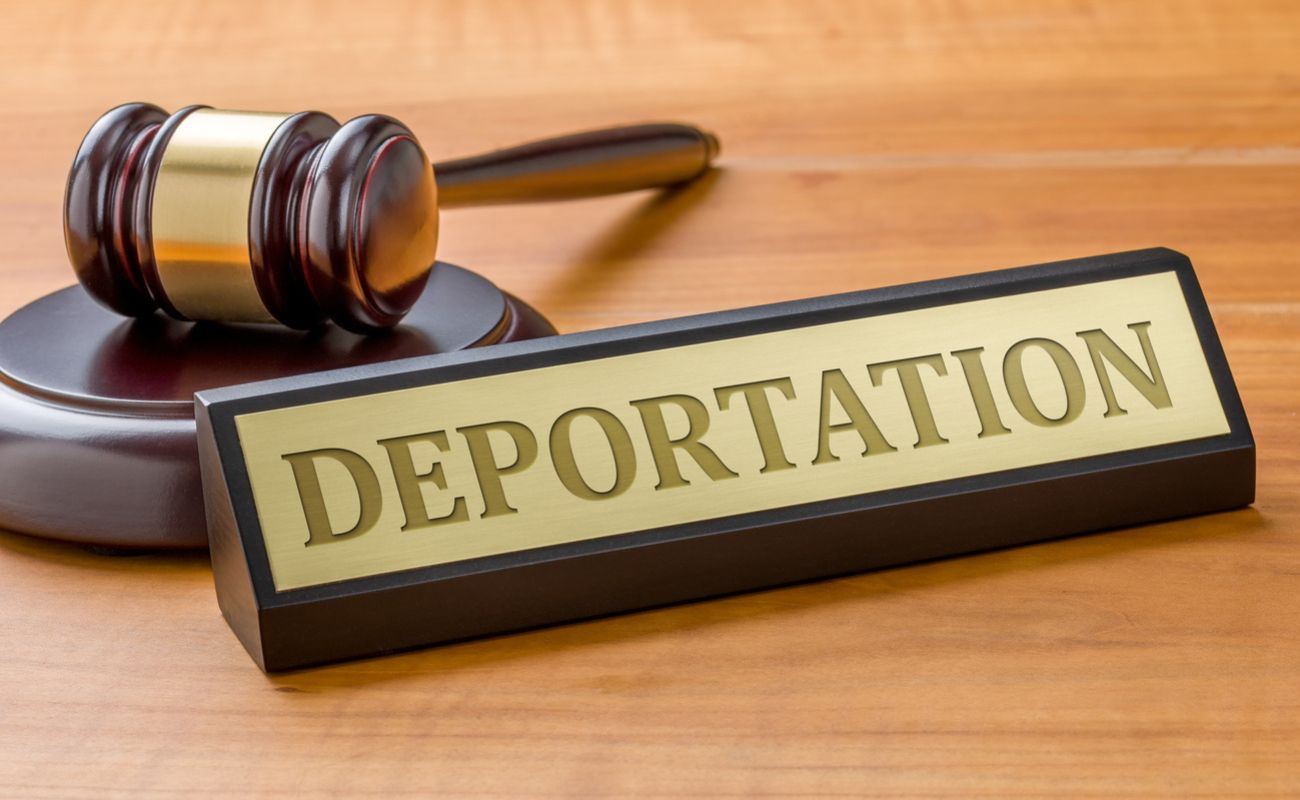The United Kingdom is tightening its grip on foreign nationals convicted of crimes. A new phase of its long-standing deportation policy now brings 15 more countries, including India, Canada, Australia, and Malaysia, into the fold.
This means more foreign nationals who break the law will now be deported immediately after sentencing, with any appeals processed from outside the UK.
This is part of the UK government’s ongoing strategy to overhaul immigration enforcement and reduce the number of people who remain in the country while legal challenges drag on.
Let’s break it down.
What Is the ‘Deport Now, Appeal Later’ Policy?
This approach lets the UK Home Office deport certain foreign criminals immediately after they’ve been sentenced, before their appeal is heard. If they want to fight the decision, they can still do so, but only from outside the UK.
It’s based on Section 94B of the Nationality, Immigration and Asylum Act 2002, and was originally introduced in 2014 during Theresa May’s time as Home Secretary. Back then, it was part of the broader “hostile environment” strategy aimed at reducing migration numbers.
The idea is simple: remove people quickly, limit their access to in-country legal processes, and cut down on lengthy delays caused by appeals from within the UK.
Why Is It Back and What’s New?
The policy was effectively paused in 2017 after the UK Supreme Court raised human rights concerns. In short, the court ruled that appealing from overseas wasn’t always fair, especially if it affected access to legal representation or family life.
But it returned in 2023, reinstated by then Home Secretary Suella Braverman, following infrastructure improvements overseas that supposedly allow for fairer remote appeals.
Now, under the current Labour government, the list of eligible countries has expanded, from 8 to 23.
Which Countries Are Affected by the UK’s Fast-Track Deportation Policy?
The UK has expanded its ‘Deport Now, Appeal Later’ scheme to cover 23 countries. If you’re a citizen of one of these nations and are convicted of a crime in the UK, you could be deported immediately after sentencing.
Original 8 countries:
- Albania
- Belize
- Estonia
- Finland
- Kosovo
- Mauritius
- Nigeria
- Tanzania
New additions announced August 2025:
- Angola
- Australia
- Botswana
- Brunei
- Bulgaria
- Canada
- Guyana
- India
- Indonesia
- Kenya
- Latvia
- Lebanon
- Malaysia
- Uganda
- Zambia
The government says more countries may be added soon, depending on bilateral agreements and diplomatic cooperation.
Who Does This Impact?
This policy only applies to foreign nationals convicted of a crime in the UK and sentenced to prison. If you’re from one of the 23 listed countries and receive a custodial sentence, you may be deported before you even get a chance to appeal in person.
And that’s the crux of the controversy.
Human rights advocates have long argued that deporting someone before their appeal is resolved undermines their right to a fair hearing. There are also practical challenges, limited internet access, language barriers, lack of legal support, when trying to mount an appeal from abroad.
Why Is the UK Doing This?
The Home Office says it’s about enforcing the law and removing people who no longer have the right to stay.
According to the government, 5,200 foreign offenders have already been removed since July 2024, a 14% jump from the previous year. The message is clear: commit a crime, and you’ll be sent back fast.
Home Secretary Yvette Cooper stated, “Those who commit crimes in our country cannot be allowed to manipulate the system. We are restoring control and sending a clear message.”
Foreign Secretary David Lammy added, “If they want to appeal, they can do so safely from their home country.”
What’s the Bigger Picture?
This move fits into a larger pattern: the UK is ramping up migration control while trying to speed up enforcement actions that have historically taken months, sometimes years.
But it’s not without tension. Some members of the current government, including Prime Minister Keir Starmer, previously opposed this type of approach while in opposition, raising concerns about its fairness and long-term effectiveness.
Now, with a renewed focus on immigration enforcement, the balance between control and compassion is once again being tested.
Final Thoughts
For travellers, students, and professionals from countries like India, Canada, or Australia, this policy doesn’t affect you unless you’re convicted of a crime in the UK. But it’s still worth being aware of, especially if you’re staying long-term or working in sectors that involve immigration compliance.
For foreign nationals already in legal trouble, the stakes just got higher. The appeal window hasn’t closed, but the departure gate may open a lot sooner.
To get daily travel news & updates, follow us on Facebook, X (Twitter), LinkedIn, Instagram, or Threads.
